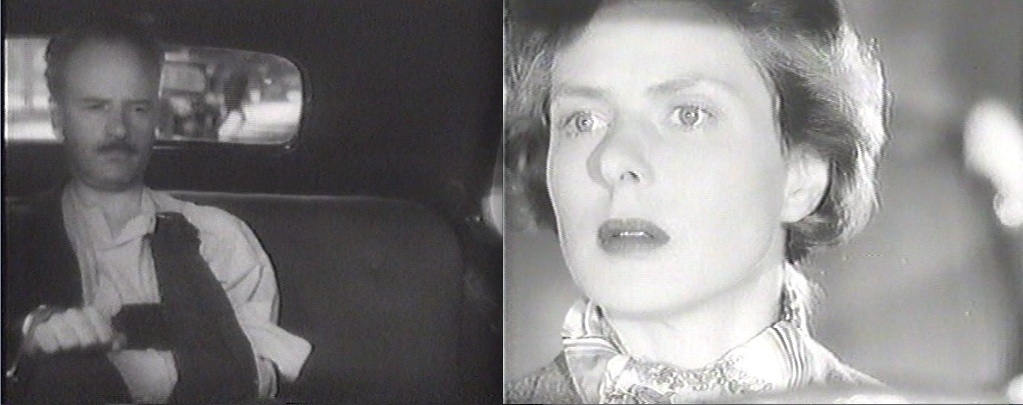
We are always living in modern times that we can not help but receive a large amount of information through images and sounds.
On the other hand, people working on cinema that has a long history and once had dominated images and sounds will be confined to a context that has been subdivided into smaller genre of culture, arts and entertainment.
What is the relationship between what you can not see and what you see? do the images and sounds say whether they are false or truth(in the first place I know this idea itself is very rough but actually complicated)? Such questions are becoming more and more important in accordance with the development of the media.
But before "media literacy", the directors of modern cinema already have continued to raise such questions in their own films.
For example, in 1991 Gulf War the images of a bird smeared by oil and of ambassador's daughter of Kuwait who gave false evidence were spread. But before that, what had been proposed by passing from the Sohrab Shahid-Saless's films to Abbas Kiarostami's films in the history of Iranian cinema? It would be enough.

Even as a film that has already become a classic(and still new), for example Roberto Rossellini's works tell us the importance of continuing to observe the changes of people and things that appear suddenly or gradually in the course of a period of time. It is a required thought of 21th century that the modern world has a tendency that things would have been determined by our immediate reactions despite the variety of media presence. And Robert Bresson paved the way for the development of the imagination of the audience by not following the person who got out of the frame and by replacing him with his sound that exposes the limits of the media.
So more than a professional audience and cinefil, cinema is generally important for modern people to use the audio-visual images in daily life. For modern people dealing with images that have become commonplace from their childhood, modern cinema should be told in a way that is more open.
In addition, we must not overlook a number of proposals which are very urgent in the modern films that are not shown in theater in Japan which are almost recreational facilities.
We have to consider how modern films atone for the sins of the style/ecriture of classic films (and TV) who has participated in wars as a media.
©Akasaka Daisuke